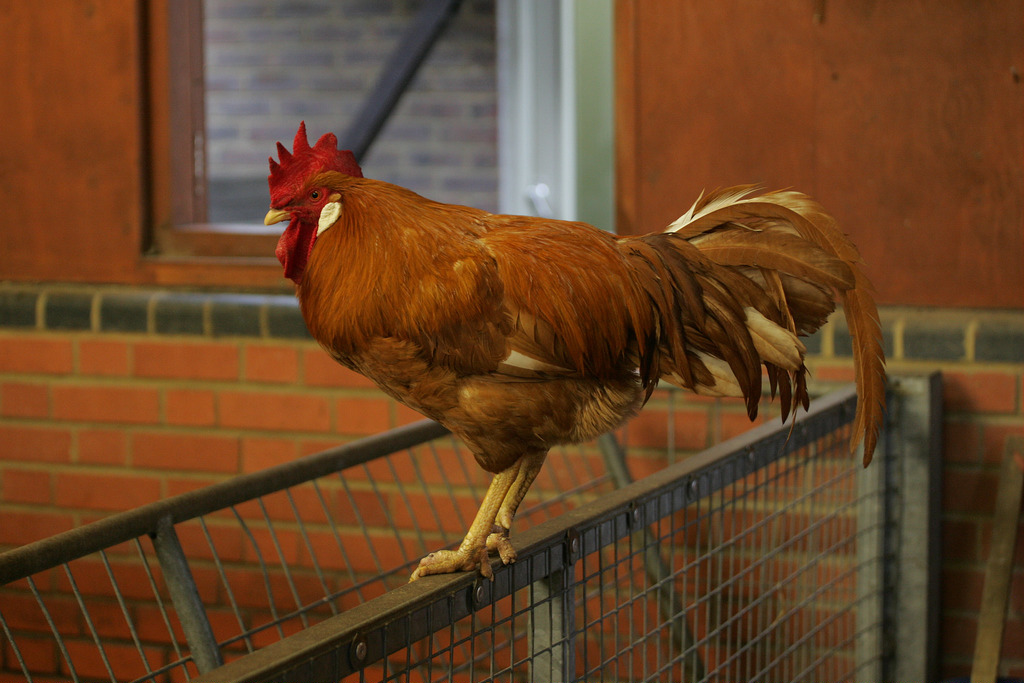So firstly, I’m going to confess that I’m no eggspert. I make no apologies though – I just couldn’t write this post, and not use the pun!
I am someone who has over the years tried to engage with the food I eat, and particularly with meat or other animal products, to understand where my food comes from and the ethical & environmental implications. I’ve been eating free range eggs for many years, and it’s been great to see that the UK has largely switched towards them. It’s now been 10 years (2008) since it was reported that for the first time free range eggs had outsold eggs from caged hens – 51% vs 41%. The other 8% were a mixture of barn eggs & organic.
In January 2012 the EU banned battery hens – a previous system that meant that each hen had less than the equivalent of an A4 piece of paper of space. Thankfully things have moved on since then & the UK does have better animal welfare standards than some of our European neighbours. We also, I believe becoming much more interested in where our food comes from, but the information out there can be misleading.
So, with most of us eating free range eggs, the price of them has come down. This has made them readily available to most people. However, how many of us truly understand what free range is? I always remember being on a camp years ago as a teenager and seeing (and smelling) a chicken farm. I said to one of the staff members “and that’s why I eat free range”. My smugness somewhat disappeared when he patiently explained that was a free range chicken farm. It looked more like a big warehouse to me and not the idyllic farm environment I was imagining!
So, here I am about 20 (or so) years later, finally really looking into what “free range” means, and what assurances I can really get about eggs that I can now purchase for under £1 a box?
The short answer for those that can’t be bother to read to the end? I’m now buying organic eggs pretty much exclusively. This is a decision based wholly on animal welfare, so I would say if you have the privilege of being able to buy free range eggs from a farm that you know & have seen the chickens wandering around the farmyard (like at Kentish Town City Farm, other city farms or smallholdings) then you should keep doing that above any assurance from a quality mark such as organic!
For the rest of us, buying organic eggs is I would say the only way to ensure that the hens were able to display natural behaviour. For example with all other systems routine beak trimming is permissible. While it’s certainly arguable that this is vital for animal welfare, the issue that it addresses comes from us keeping birds in larger groups where the pecking behaviour becomes a serious issue. Of course whether we can feed everyone with all food being organic (enough space?) is another issue, but not one I’m going to cover here!
And what about premium egg brands? I have often bought eggs from the Clarence Court brand for example, and so was keen to see what their standards were. Their website shows amazing images where around 6 hens appear to have the run of an acre or so, and their own forest! Can’t be bad eh? It’s similar to the farm-like imagery used on many egg boxes that potentially bears little resemblance to the reality. The Burford Brown eggs from Clarence Court are perhaps the best eggs that I’ve ever tasted. I scoured through their website for some reassurance that I could continue to eat my favourite eggs guilt free, but couldn’t find much, so I emailed them. The response that I get I think reads well, but then when you analyse it, doesn’t really give any concrete information that reassures me that they work to higher standards. Here is the reply I got:
“Clarence Court follows standards laid down by RSPCA Freedom Food, British Egg Industry Council Lion scheme to bring Clarence Court eggs to the market. The details of all of these schemes are listed on the relevant websites and we would refer you to these to view individual standards.
You may also be interested to know that our hens are fed on the finest natural non-GM vegetarian diet with a generous helping of sun-drenched maize corn, wheat, barley and marigold which gives a deeper more colourful yolk. They are not fed antibiotics or growth hormones or other additives. They are also free to roam and eat berries, worms and insects that they find on the land from dawn to dusk. Our aim is always to provide a well balanced diet made up of wholesome ingredients to produce a tasty egg.”
So, they are better than the basic free range standards in some ways, but I would have appreciated a little more concrete information about amounts of space for each bird etc.
I did also find in my research that Waitrose provide additional reassurances around their free range eggs, which I’ve included in the table below. My thoughts though that were for less than the price of Waitrose free range eggs, you can buy organic elsewhere. Well worth knowing that if like me you’re now thinking about buying organic eggs, check out Aldi & Iceland that sell organic eggs for £1.29 & £1.39 respectively.
Here’s the table with the results of some of my research, about the different assurance schemes. I’ve also included at the end a couple of links to further information which I found useful or interesting along the way!
*Excuse the formatting of the table – struggled a bit there!
| Type | Indoor space | Outdoor space | Outdoor space from what age? | Outdoor area rested between flocks | Routine beak trimming | Total maximum flock size | GM free diet |
| Organic | 6 per m2 | 10m2 | 12 weeks | 9 months | No | 3,000 | Yes, and organic feed only. |
| Free range | 9 hens per m2 | 4m2 | Couldn’t find this information. | 2 months | Yes | 16,000 if RSPCA. No maximum otherwise.
*Waitrose guarantee lower flock sizes. |
No
*Waitrose guarantee theirs are. |
| Barn eggs | 14 hens per m2 | None | NA | NA | Yes | No |

